The real taste of bread
Whether in the form of a loaf or a baguette, bread is an integral part of our culinary heritage and has recently taken on more importance, both in kitchens and restaurants.
By Anne Emellina

My Bread, Cogolin

Mama Baker, Nice

Veziano, Antibes

Maître Pierre, Nice
Determined to see bread retain its importance, bakers have been hard at work safeguarding their know-how and creating products with an authentic and beautiful taste. Their work reflects their respect for values and great flavour, and for bread worthy of the name, they use unmodified ancient wheat flours and natural sourdough. No additives, very little gluten, and no baking powder, so the dough can rise more quickly. At Maître Pierre’s, in business since 1978, Christophe Anselmi works only with homemade sourdough and Label Rouge flours. He supplies the beaches of Le Negresco and Le Rhul, the restaurants of Armand Crespo and La Merenda, for whom he created an eponymous bread made from rye, wheat and buckwheat.
Since 1924, Maison Veziano in Antibes has kept standards high with its own sourdough developed over 50 years and uses organic flours ground with a millstone. “There are few flour millers, and when I find outstanding flour, I jump on it. It’s the quality of the wheat that makes the difference.” Jean-Paul Veziano, who has earned the trust of the Réserve de Beaulieu, and even chef Christian Morisset, says that he “never take his eyes off his dough trough”.
The slow fermentation process (at least 20 hours) changes everything, that’s what ensures the bread isn’t abrasive and can be easily digested, explains Jean-Marc from the Nice-based Maison Bordonnat which delivers to Les Agitateurs and other prestigious places. For around thirty years, he has been browning his loaves following his perfect baking technique which caramelizes the crusts and enhances the bread’s aroma. Since 1984, he has also been a mentor for master craftsman Michel Fiori of U Fornu. Mr Fiori mastered how to bring about a beautiful golden colour, which is created by slow kneading without oxidation: “You can spot good bread from a long way off, by its colour. Steer clear of loaves that are too white and calibrated.”
The younger generation
Stéphane Guedj from My Bread in Cogolin has also won admiration from star chefs like Arnaud Donckele of Le Cheval Blanc with his naturally leavened bread. “Genuine bread has only ever had three ingredients: flour water and salt. And it has been that way for thousands of years”. In Vieux-Nice, heirloom wheats are a speciality at Zielinska who swears only by kamut, black petaniella from Nice, and einkorn. These ancient grains are also the reason behind the flavours at Mitron Bakery in Menton and Monaco, where Mauro Colagreco only works with wheat grown following certified organic and controlled practices. He bases his approach on living, sustainable breads prepared using methods that respect the environment and people. Similarly, Céline and Bastien Epeirier have served only 100% organic products at Mama Baker in Nice since 2015. Forgotten seed flours go into their special breads and
their motto is simple: mindful production for healthy food.







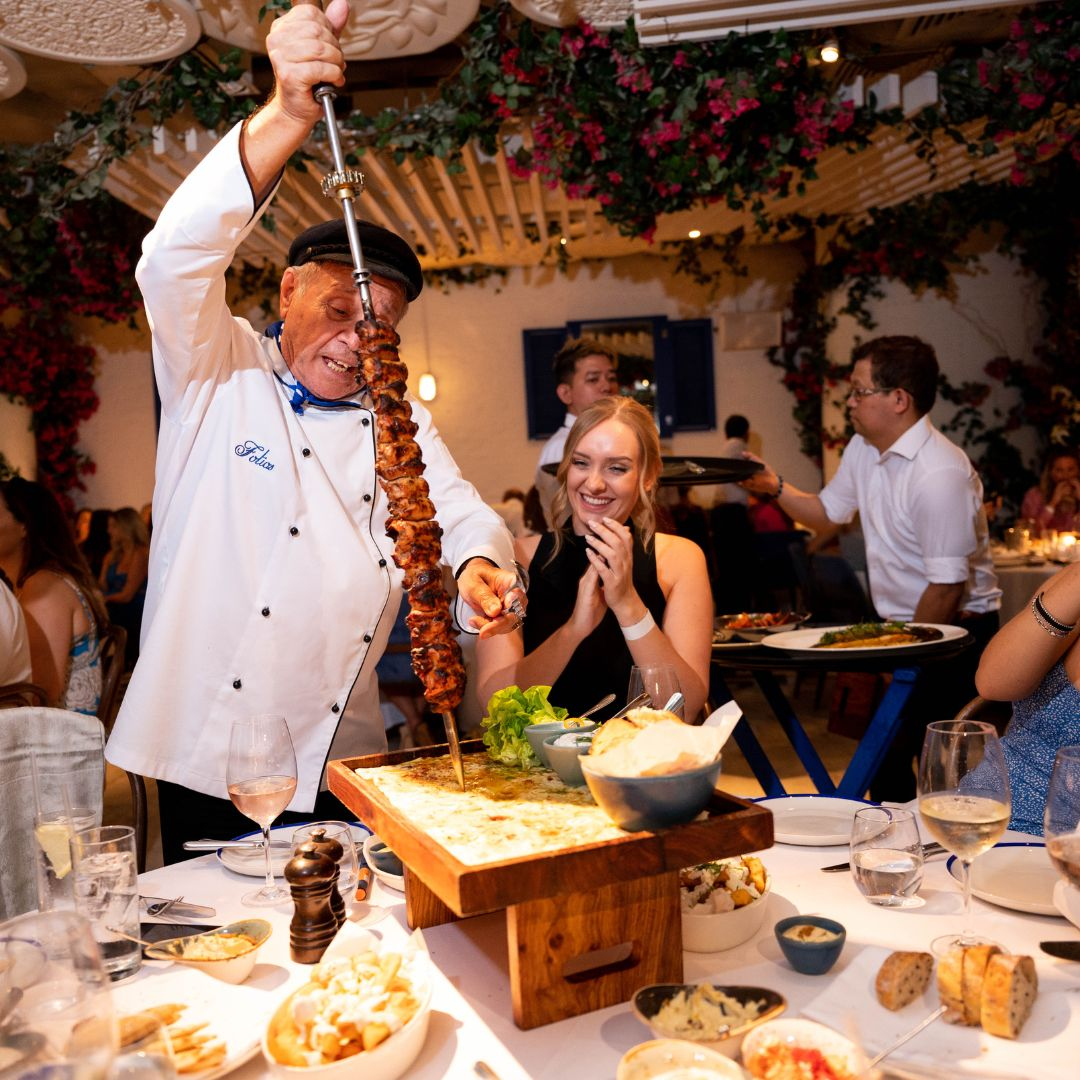
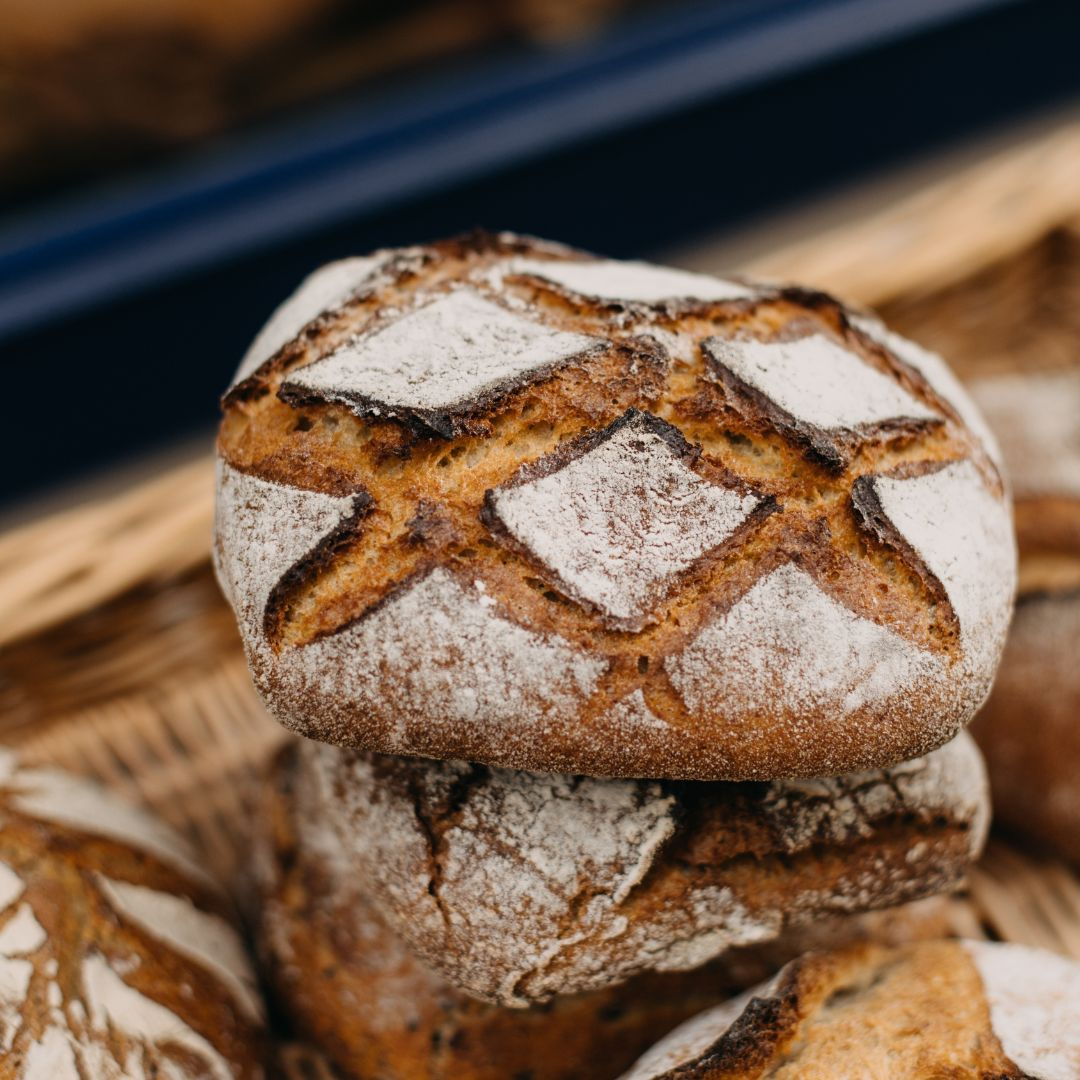

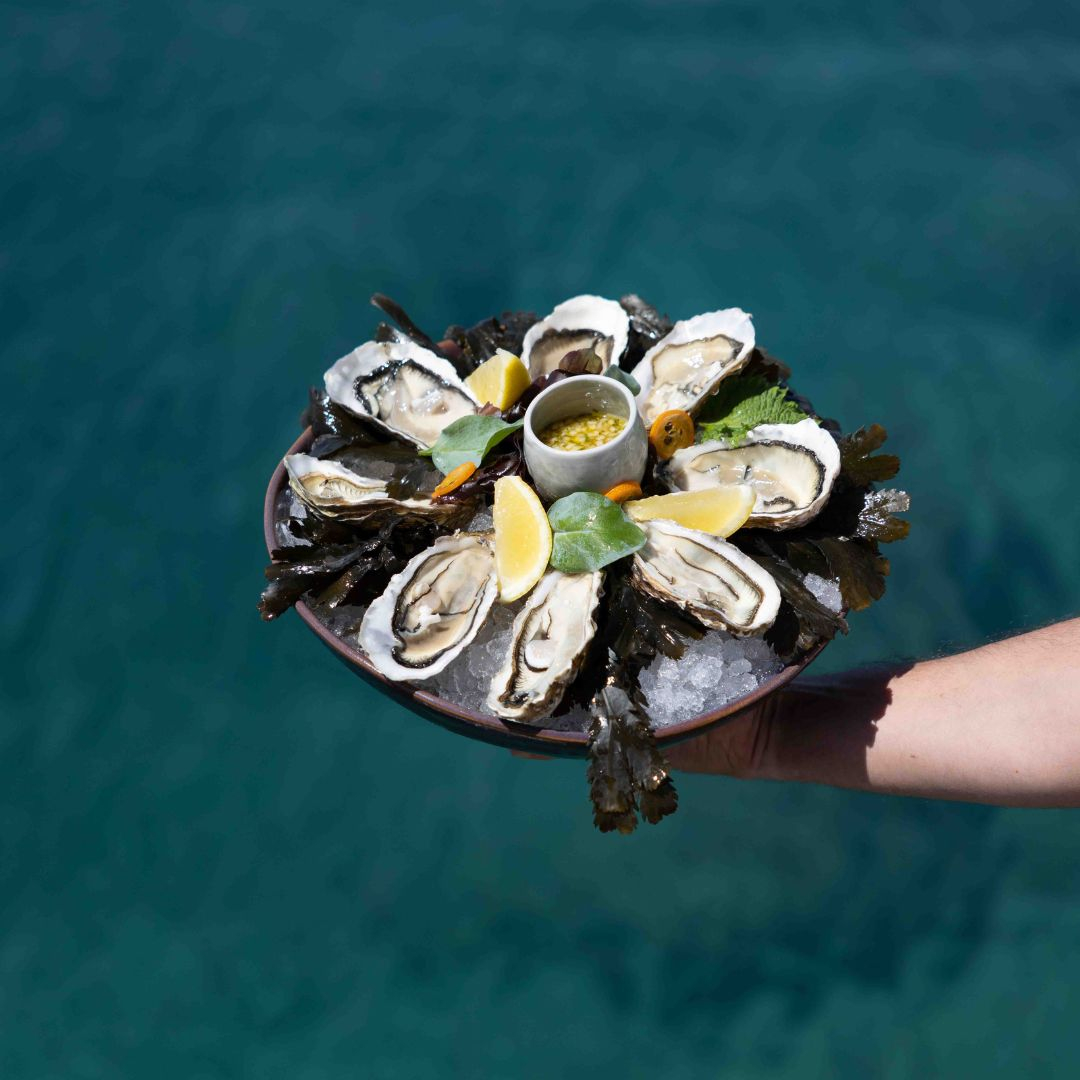
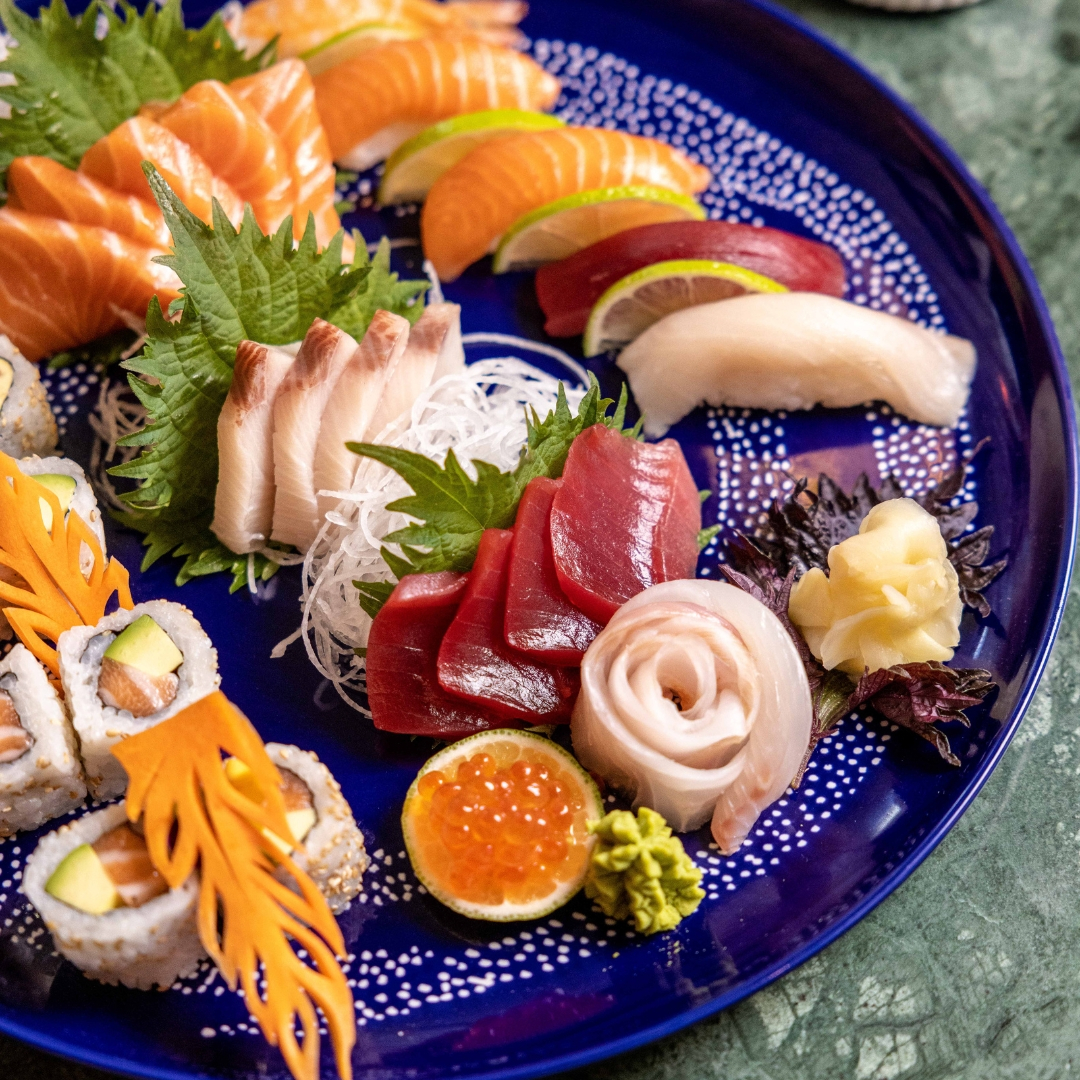





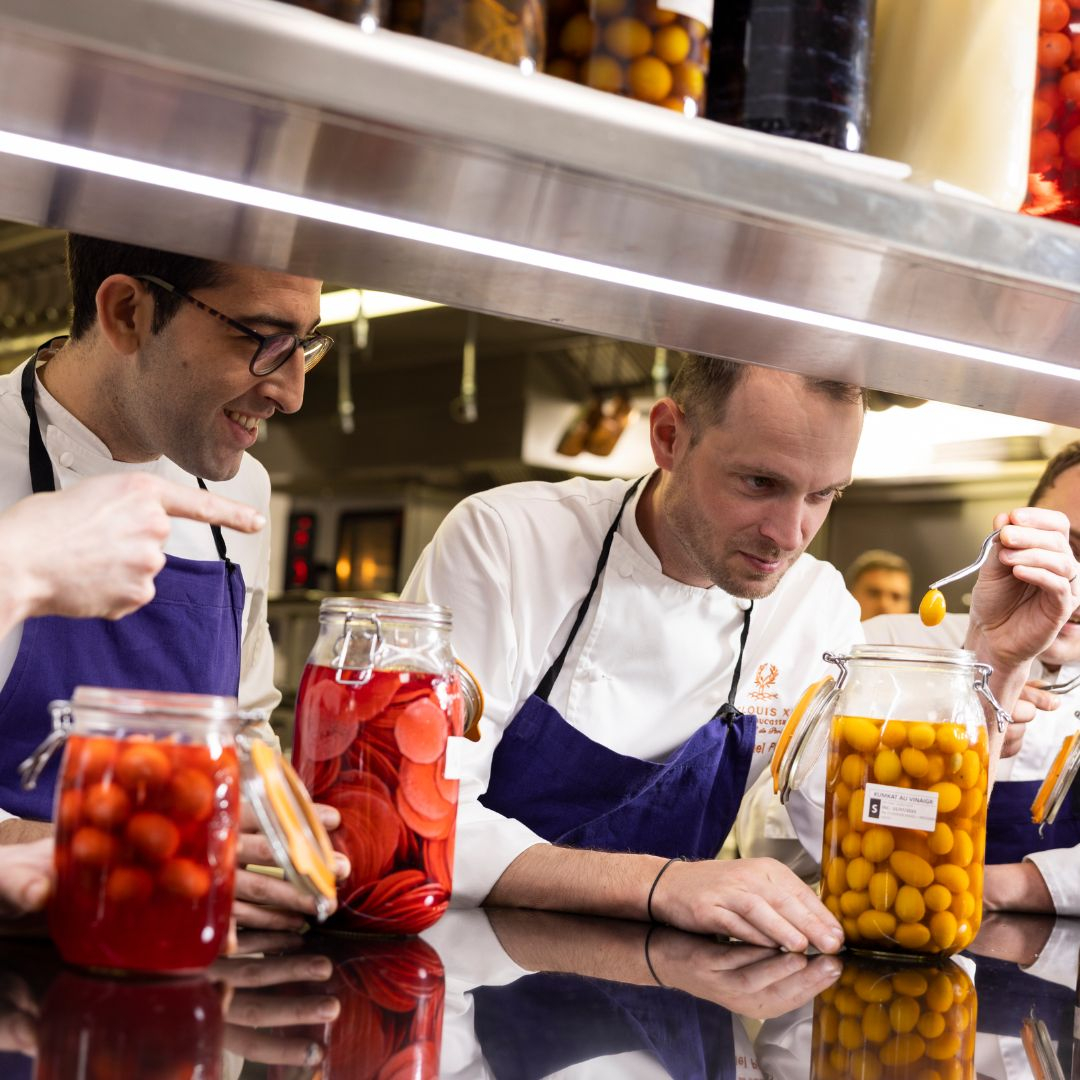









 Côteweb 2021, création de site Internet sur Nice
Côteweb 2021, création de site Internet sur Nice